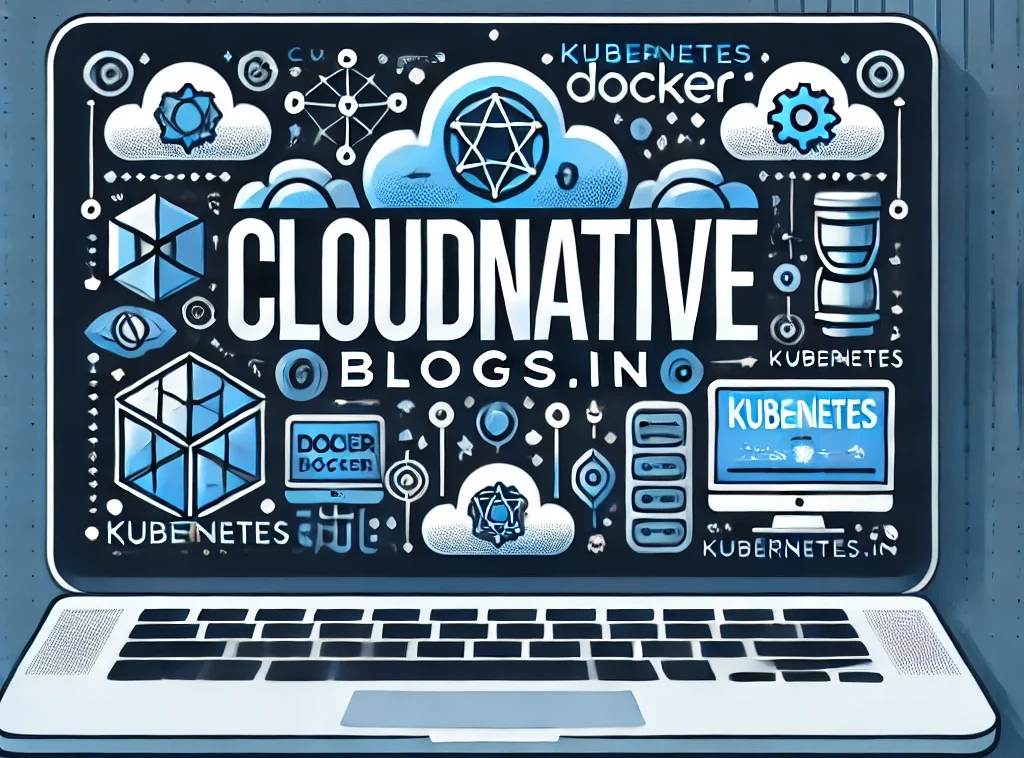Despite modern systems having vast amounts of #RAM, running out of #memory is still possible. Learn how this happens, impacts on #malloc(), and best practices to manage memory safely.
Mastering Collaborative Coding: A Deep Dive into Git Branching and Merging for Teams
Git’s branching and merging are essential for team collaboration. This guide explores how these features enable parallel development, even in the same file, preventing lost work and streamlining workflows.
Unlocking the Power of Functional Programming: Easier Solutions to Complex Problems
Discover how functional programming simplifies complex problems, improves code quality, and enhances development efficiency, making it an attractive choice for modern software development.
Transitioning from Assembly to C: Challenges and Solutions for Programmers Effectively
Programmers faced significant challenges when transitioning from assembly language to C, particularly regarding pointers, memory management, and type checking, but adapted through practice and mentorship.
Key Principles of Microservice Architecture: A Detailed Guide
Microservice architecture allows businesses to build scalable, independent services that focus on specific tasks. This guide covers the principles, benefits, and challenges of adopting microservices in modern software development.
The Importance of a Well-Designed SDLC for Efficient Software Development
A well-designed Software Development Life Cycle (SDLC) ensures efficiency, software quality, and timely delivery. Learn why structured SDLC practices are essential for successful software development projects.
Understanding the Key Principles of DevOps: Why They Are Crucial for Modern Software Development
DevOps integrates development and operations through collaboration, automation, and continuous delivery, enabling faster, more reliable software development. Learn why these principles are crucial in today’s software industry.
Is It Essential for Software Developers to Understand Computer Hardware and Operating Systems?
Understanding hardware and operating systems can significantly improve your performance as a software developer, especially in system programming, game development, and performance optimization.
The Role of Quantum Computing in Software Development
Quantum computing is revolutionizing software development by solving complex problems in optimization, simulation, and cryptography. This emerging technology promises to unlock new possibilities in machine learning, AI, and more.
Limitations of AI-Driven Workflows in Software Development: What You Need to Know
AI-driven workflows in software development bring efficiency but have limitations like lack of creativity, difficulty with ambiguity, and dependency on data quality. Human involvement remains crucial for success.
Functional vs Non-Functional Testing: Key Differences and Their Impact on Software Quality
Functional vs non-functional testing ensures software correctness, performance, and user satisfaction. Learn their differences, importance, and how they together contribute to building high-quality applications.
Effective Strategies for Refactoring a Large Codebase: Best Practices and Approaches
Refactoring a large codebase improves maintainability, performance, and scalability. This guide provides a step-by-step approach to successfully refactor and optimize your system, ensuring long-term success.
Mastering Git with Effective Code Management and Branch Merging
Discover essential strategies for managing code versions in Git, including branching, merging, and conflict resolution, to streamline your software development workflow and enhance collaboration.
How LLMs Revolutionize Coding Efficiency
Discover how large language models (LLMs) automate code refactoring, enhance code quality, and revolutionize software development efficiency in today’s fast-paced coding environment.
Combining Object-Oriented and Functional Programming in Large Projects
Discover how combining object-oriented and functional programming can enhance large projects, promoting modularity, maintainability, and scalability in software development.
Containerization with Docker in Software Development
Docker’s containerization simplifies application deployment by packaging apps with dependencies, enabling consistent performance across platforms, and revolutionizing DevOps and cloud-native practices for scalable software.
When to Avoid Using Node.js
Explore when to avoid using Node.js, covering scenarios like CPU-intensive applications, real-time data processing, and complex business logic to make informed technology choices.
No-Code and Low-Code Development Platforms: The Future of Software Development
No-code and low-code platforms are revolutionizing software development, enabling faster, cost-effective, and collaborative application creation, making technology accessible to all.
The Ultimate Guide to Debugging Complex Bugs: Tools and Techniques for Developers
Learn effective debugging strategies and tools to tackle complex bugs in software development, enhancing your skills and improving code quality.
Identifying the Cause of a Bug in Functioning Code: A Comprehensive Guide
Identifying the cause of a bug in functioning code is crucial for developers. This article provides a systematic approach to effectively troubleshoot and resolve issues.
The Ultimate Guide to Azure DevOps: Key Benefits for Software Development Projects
Discover how Azure DevOps enhances software development through integrated tools, Agile planning, CI/CD automation, and robust collaboration features, driving project success and efficiency.
Agile Adaptations: Enhancing Modern Software Development
Explore strategic adaptations and technology integrations to optimize Agile methodologies for modern software development challenges, ensuring flexibility and efficiency.
Unlocking Innovation: 5 Key Benefits of Cloud Native Applications
Cloud native applications offer unparalleled scalability, resilience, cost-efficiency, and agility, enabling businesses to innovate rapidly, optimize costs, and improve developer productivity.
This article explores horizontal and vertical scaling strategies for full-stack applications, analyzing their benefits, drawbacks, and ideal use cases. It offers best practices to ensure successful scaling and considers database solutions for handling growth.
Learn Microservices with Java in 30 Minutes
Java with Microservices: A Comprehensive Guide Unlock the potential of Java microservices architecture Introduction Chapter 1: Understanding Microservices Chapter 2: Getting Started with Java Microservices Chapter 3: Designing Microservices Architecture Chapter 4: Implementing Microservices in Java Chapter 5: Communication Between Microservices Chapter 6: Data Management in Microservices Chapter 7: Testing Microservices Chapter 8: Securing Microservices […]
